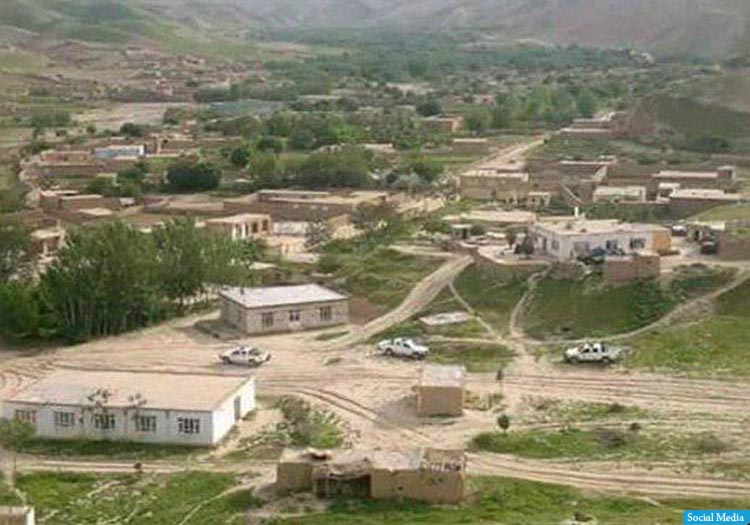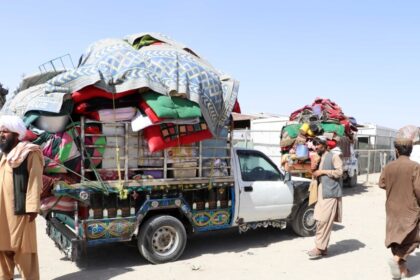RASC News Agency: Local sources in Jawzjan province report that the Taliban have confiscated portions of an ancestral graveyard belonging to the Turkmen community in Mardian district. The land has been handed over to an individual backed by the Taliban, who claims ownership of the property. According to residents, the graveyard recognized as a cultural and familial heritage site with over 200 years of history has been a cornerstone of the Turkmen community’s identity. However, Taliban officials in Mardian recently transferred approximately 30 jeribs of the site to another party, sparking outrage among locals.
This controversial decision was reportedly made by Ghulam Sakhi, the Taliban-appointed police chief in Mardian. Local residents have condemned the move, describing it as “an egregious act of injustice and a disregard for their historical rights.” Instead of addressing the community’s complaints, the Taliban have allegedly resorted to intimidation and coercion, arresting 16 Turkmen elders who protested the decision. The detained individuals are reportedly under pressure to relinquish claims to their ancestral lands.
Taj Nazar, a respected Turkmen elder, criticized the Taliban’s actions, stating: “The individual asserting ownership has been brought in from another region, yet he is laying claim to our ancestral land. Meanwhile, our elders have been arrested. If justice were the goal, both parties should have been detained. This regime only targets us.” Hussain Bay, another resident of Mardian, expressed his dismay: “Our pleas to preserve the graveyard have fallen on deaf ears. Sixteen members of our community are now in detention. This is a devastating blow to us. Who could accept the desecration of their ancestors’ burial site and its conversion into construction land?”
Many locals view this incident as part of a broader strategy by the Taliban to seize land and forcibly displace ethnic groups. They argue that such policies, rooted in historical practices of coercion and marginalization, remain a defining feature of the Taliban’s governance.






